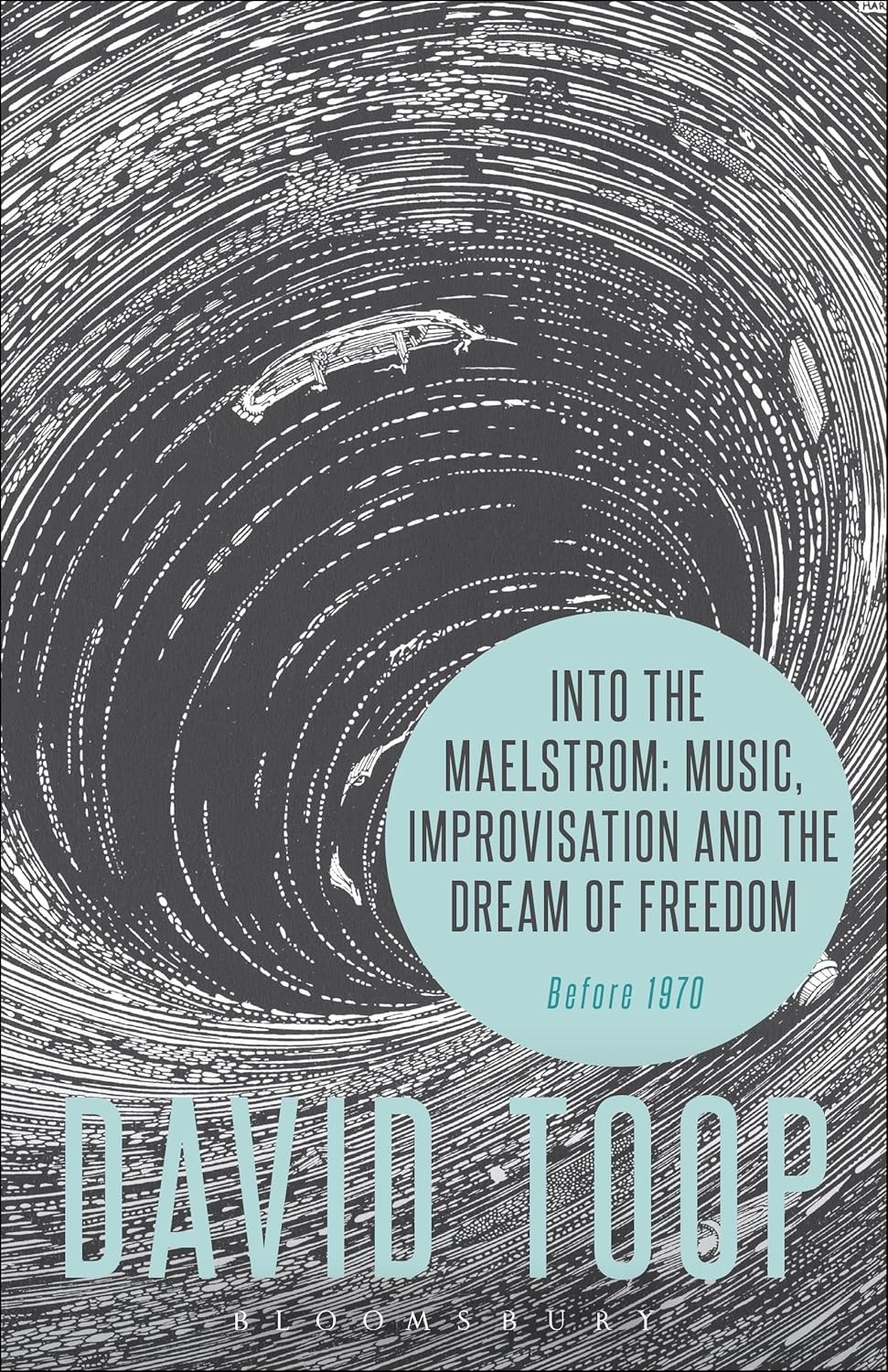
Into the Maelstrom: Music, Improvisation and the Dream of Freedom: Before 1970
Reliable shipping
Flexible returns
Book is 20% off. The last 20 pages are cut 1/4 inch at the top but no text was lost.
by
Review
This is a long overdue book, and there is no-one else who could have written it. It is an astonishing achievement, and a highly readable and enjoyable one too. ( International Times )
Any discussion of free improvisation, as an essential (anti?)-discipline of creative music, is an amusing balance between considering an unruly child and a sacred cow. History has come into a wild favor towards a gen
David Toop has dived into the Maelstrom that is the genesis of improvised music and come up with a string of pearls. There is so much here that will be new to even those of us who thought we knew the subject. A remarkable piece of real scholarship that relates to painstaking research with a refreshing absence of jargon. ( Evan Parker )
Into the Maelstrom gives an astonishing, vivid history of improvised music across the 20th century before 1970, tracing its transnational criss-crossings, trans-arts contagions, the folds between Cream and AMM, 'musicking' and John Stevens' Spontaneous Music Ensemble, Nuova Consonanza and For a Few Dollars More . David Toop's panoramic account makes obvious how urgently we have needed this alternative history, attuned to musical sounds as they resonate with artistic, cultural and political currents. A landmark book, Into the Maelstrom re-centers those vast and auspicious margins deserted by previous music histories. ( Georgina Born, Professor of Music and Anthropology, University of Oxford, UK )
In this first installment of acclaimed music writer David Toop's interdisciplinary and sweeping overview of free improvisation, Into the Maelstrom: Music, Improvisation and the Dream of Freedom: Before 1970 introduces the philosophy and practice of improvisation (both musical and otherwise) within the historical context of the post-World War II era. Neither strictly chronological, or exclusively a history, Into the Maelstrom investigates a wide range of improvisational tendencies: from surrealist automatism to stream-of-consciousness in literature and vocalization; from the free music of Percy Grainger to the free improvising groups emerging out of the early 1960s (Group Ongaku, Nuova Consonanza, MEV, AMM, the Spontaneous Music Ensemble); and from free jazz to the strands of free improvisation that sought to distance itself from jazz. In exploring the diverse ways in which spontaneity became a core value in the early twentieth century as well as free improvisation's connection to both 1960s rock (The Beatles, Cream, Pink Floyd) and the era of post-Cagean indeterminacy in composition, Toop provides a definitive and all-encompassing exploration of free improvisation up to 1970, ending with the late 1960s international developments of free music from Roscoe Mitchell in Chicago, Peter Brötzmann in Berlin and Han Bennink and Misha Mengelberg in Amsterdam.
